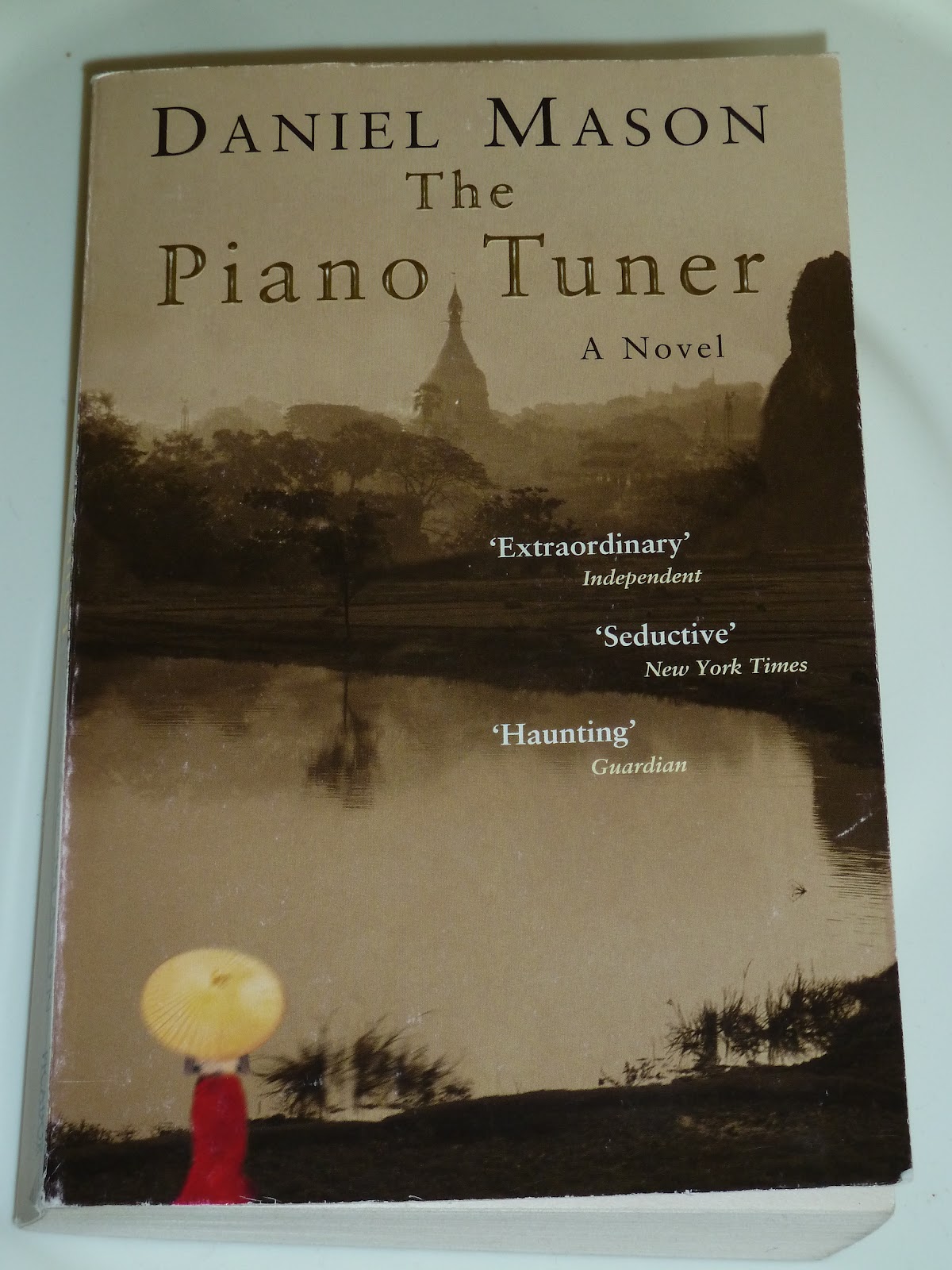Have you ever considered the intricate dance between sound and silence, particularly in the world of music? What if the very act of tuning a piano could serve as a profound metaphor for life? In “The Piano Tuner,” Daniel Mason deftly intertwines these elements, delivering a narrative that is as rich in intellectual stimulation as it is in emotional depth.
Set against the exotic backdrop of 19th-century Burma, the novel centers on Edgar Drake, a humble piano tuner from England, whose life takes an unexpected turn when he receives an intriguing commission. Tasked with tuning an extravagant, yet neglected, piano belonging to a British officer stationed in a remote locale, Edgar embarks on a journey that challenges not just his professional skills, but the very essence of his identity.
The reader is immediately drawn into Edgar’s world, characterized by his meticulous nature and a profound passion for music. He embodies the archetype of the artist – one who sees beauty in the minutia and finds solace in the carefully calibrated keys of a piano. But herein lies the challenge: as Edgar becomes enmeshed in the vibrant yet tumultuous culture of Burma, how will he reconcile his methodical existence with the chaotic rhythms of a world so different from his own?
As we journey alongside Edgar, Mason masterfully illustrates the contrasting landscapes of England and Burma. The lush, almost ethereal descriptions of the Burmese jungle, with its cacophony of sounds – the chirping of unseen insects, the rustling of leaves in gentle breezes – serve to heighten the sensory experience. In juxtaposition, the cold, stark environments of Edgar’s English life encapsulate a sense of rigidity and routine. This creates a palpable tension between familiarity and the unknown, leaving readers to ponder how well one can adapt to such overwhelming differences.
The narrative does not merely revolve around music and tunings, though they serve as pivotal motifs. It challenges the reader to reflect on the concept of individual purpose. What does it mean to tune one’s life? Is it about aligning with societal expectations, or is it more of a quest for personal harmony? As Edgar navigates through trials and tribulations, Mason prompts us to consider how we, too, might find our own “tune” amidst the discordance of modern life.
Mason’s insights into the psychology of his characters are astute and deeply resonant. Edgar’s interactions with the Burmese populace reveal complex layers of connectivity and disconnection. The British officer, his initial employer, serves as a canvas of colonial arrogance, embodying the often-debilitating effects of empire on both the conqueror and the conquered. Edgar’s reflections on these relationships beckon readers to question the ethical ramifications of cultural imperialism, prompting a profound critique of that historical context.
Furthermore, the character of the enigmatic Burmese woman, Tuin, embodies a duality – she is both muse and challenge for Edgar. Through her influences, he begins to question not only his vocational pursuits but the very fabric of his life choices. This interplay between influence and personal growth is where the narrative shines. It deftly portrays how love, in its multifaceted forms, can act as both a guiding light and a tempestuous storm.
What does one do when faced with a daunting choice? As Edgar’s journey unfolds, he confronts dilemmas that force him to weigh his obligations against his desires. It prompts an introspective inquiry: How often do we find ourselves torn between what we are expected to do and what we yearn to pursue? This tension becomes a central theme well worth grappling with, as it challenges readers to reassess their own life chords.
Another notable strength of Mason’s writing lies in his ability to evoke emotion through the lens of the ordinary. The piano itself is not merely a musical instrument; it becomes a symbol of aspirations, failures, and the echoes of history that reverberate through every key. The act of tuning transcends the literal; it emerges as a metaphor for the quest for balance, serenity, and understanding in a world rife with dissonance.
The denouement of “The Piano Tuner” provokes contemplation. Edgar’s transformation is not merely an outcome of the experiences he undergoes; rather, it reflects a subtle metamorphosis of spirit and perception. The resolution offers a contemplative pause, challenging readers to ask: in our own lives, when faced with a choice between the known and the unknown, what do we ultimately seek? Is it fulfillment, connection, or perhaps a harmonious blend of both?
In conclusion, “The Piano Tuner” is an expansive exploration of sound, silence, and the spaces in between. It calls us to engage not only with the story at hand but also with the nuances of our existence. Edgar Drake’s odyssey reveals a rich tapestry of emotion and thought that resonates long after the final page is turned. Through its intricate layers, the novel skillfully poses questions that are deeply personal, encouraging us to tune our own lives with intention and awareness. So, what will your next note be in life’s grand symphony?
